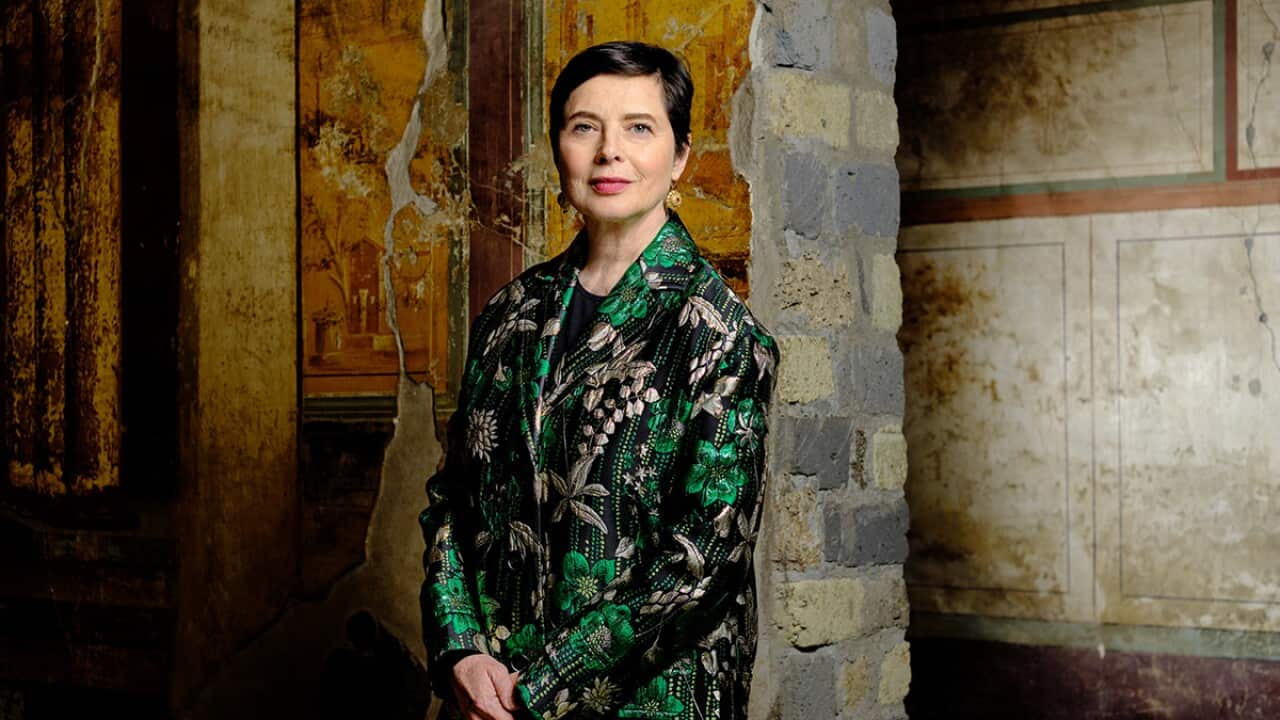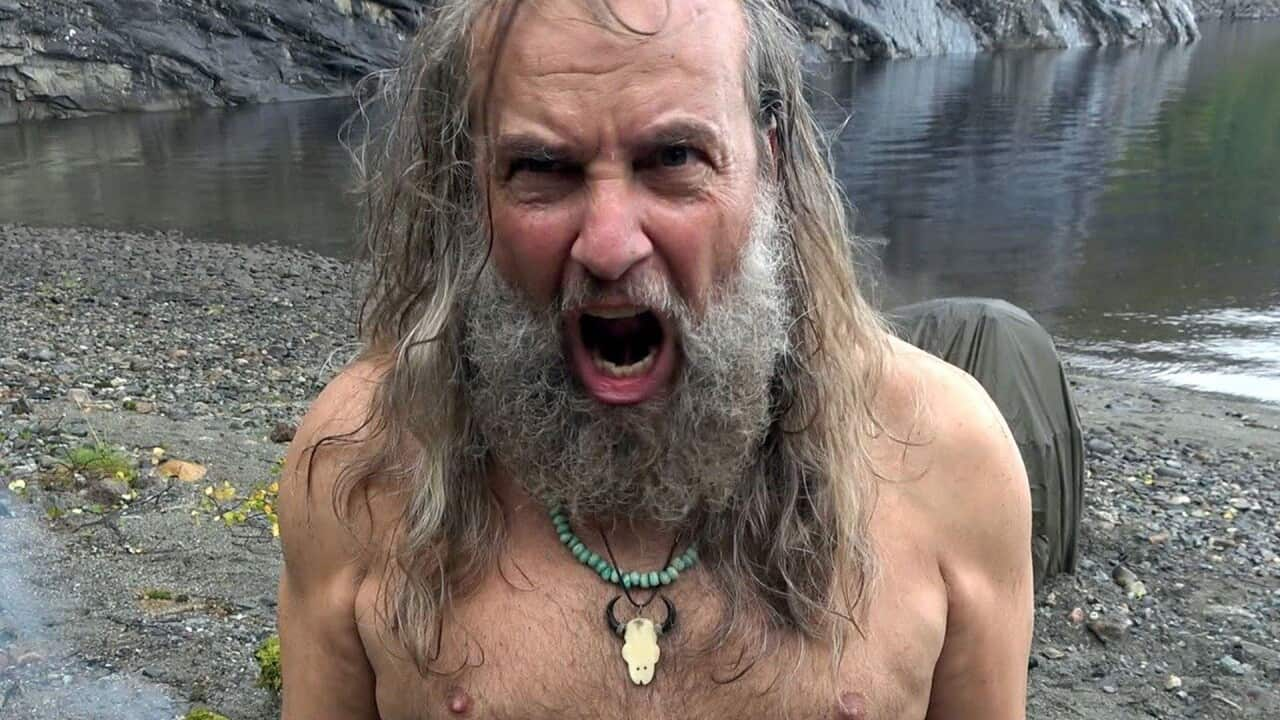Refugee camps, hostile governments, civil wars, hostage-taking, political scams and schemes, family dramas, football and even the occasional romance: if Crisis Unit is any guide, it’s a wonder humanitarian organisations ever get anything done.
This six part French-language drama digs deep into the backroom deals that drive these massive organisations, then heads out to where the action is – and the gritty reality of trying to help people in some of the world’s most brutal war zones is not a pretty sight.
Crisis Unit begins with the kind of crisis no unit expects: a suicide bomber detonates in Yemen, killing the president of the High Commission for International Humanitarian Affairs (or HCIH) – a lightly fictionalised version of the International Committee of the Red Cross. This kicks off a power struggle within the organisation. The obvious successor, general manager Guillaume Kessel (André Dussollier) decides not to run for personal reasons – but more on those later – and instead puts forward the young, possibly over-qualified academic Suzanne Fontana (Isabelle Caillat) for the top job. His word carries weight, but she’s an outsider in many ways. Her competitors know how the game is played and have some powerful backers from the business world. This wouldn’t be an easy fight at the best of times, but with HCIH delegate Mathias Adler (Marco Lorenzini) and a dozen other employees currently being held hostage in Yemen by terrorists – who aren’t afraid to post videos of their executions – the stakes in this election are higher than usual.
His word carries weight, but she’s an outsider in many ways. Her competitors know how the game is played and have some powerful backers from the business world. This wouldn’t be an easy fight at the best of times, but with HCIH delegate Mathias Adler (Marco Lorenzini) and a dozen other employees currently being held hostage in Yemen by terrorists – who aren’t afraid to post videos of their executions – the stakes in this election are higher than usual.

Suzanne Fontana (Isabelle Caillat) in ‘Crisis Unit’. Source: SBS
Complicating matters, Suzanne is an idealist, with big plans to restore the HCIH to its former glory. Crisis Unit makes no secret of the fact that her storyline is going to be all about the clash between her lofty ideals and the hard political realities required to actually get things done. So her struggle to get elected is just the start of her troubles; when she and Kessel head out to Saudi Arabia in the hope of negotiating face to face for the release of the hostages, they quickly learn that ideals don’t count for much on the battlefield.
For most dramas that’d be plenty to work with, but Crisis Unit is just getting started. Switzerland is home to a number of international organisations with a global reach, including the peak body in charge of soccer (here renamed FIFO). So it’s maybe not that surprising that Suzanne finds her life entwined with that of young prince Akim Al Farouk (Karim Saleh), son of the Saudi foreign minister with his eye on the top job running the World Game.
There might be a spark of romance between them, but there’s business there too: Saudi Arabia is a major player in Yemen, and if Suzanne is going to rescue the hostages, she’s going to need all the help she can get. Unfortunately for both of them, Akim isn’t exactly a power player, and any help he can give is going to be hard-won. Still, at least Suzanne has Kessel watching her back, right? He’s an experienced administrator who knows how the game is played – with him on her side, she’ll easily be able to push through her plans to rejuvenate the HCIH and get the organisation out of the current hostage crisis… except that Kessel has his own problems (remember those “personal reasons”?) that soon drag him into a high-stakes thriller plot that keeps him more than a little busy.
Still, at least Suzanne has Kessel watching her back, right? He’s an experienced administrator who knows how the game is played – with him on her side, she’ll easily be able to push through her plans to rejuvenate the HCIH and get the organisation out of the current hostage crisis… except that Kessel has his own problems (remember those “personal reasons”?) that soon drag him into a high-stakes thriller plot that keeps him more than a little busy.

Suzanne Fontana (Isabelle Caillat) and Guillaume Kessel (André Dussollier) in ‘Crisis Unit’. Source: SBS
Getting André Dussollier on board to play Kessel was a major coup for the producers. After over 150 movie roles (he was even the narrator in Amélie) this is the seventy-five-year-old French actor’s first leading role in a television series. In many ways he’s the anchor here, the solid support Suzanne can rely on (for now), and it’s hardly surprising he’s excellent in the role. Playing a man who is in many ways putting on an act – presenting to the public the face of a steady public servant while behind the scenes he’s dealing with personal turmoil – is tailor-made for him.
All this barely scratches the surface of Crisis Unit. There’s an entire episode focusing on the plight of the hostages; more than one character is going to have to betray their principles to get things done. Humanitarian action is elevated as this selfless mission where nations put their best principles forward, but this series makes it clear time and again it’s as grubby a business as any other – and if Suzanne wants to make a real difference, she just might have to get her hands dirty.
Follow the author
More from The Guide

A shrink, a killer and a lot of questions: ‘Face to Face’ is back









